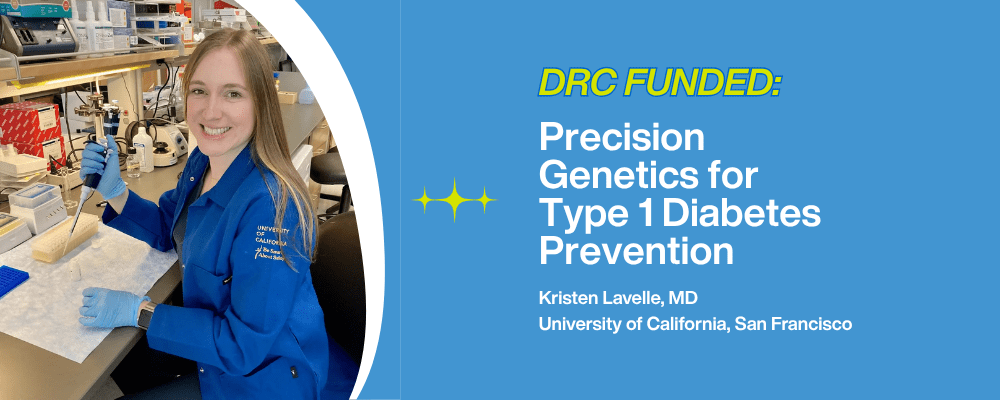Original article published by Medical News Today on May 17, 2016. Click here to read the original article.
Study co-author Dr. David Cole, of the School of Medicine at Cardiff, and colleagues –
The researchers recently published their findings in The Journal of Clinical Investigation.
Type 1 diabetes accounts for around 5 percent of all diabetes cases. Previously known as “juvenile diabetes,” the condition is most commonly diagnosed in children and young adults.
Type 1 diabetes arises when the body is unable to produce insulin – the hormone responsible for regulating blood glucose levels.
Killer T cells have high ‘cross-reactivity’
While the precise cause of type 1 diabetes is unclear, past research has shown that the condition occurs when killer T cells destroy beta cells – the cells in the pancreas that produce insulin.
In a previous study, Prof. Sewell and colleagues found high “cross-reactivity” among killer T cells, meaning that they can react to numerous triggers, including pathogens.
“Killer T cells sense their environment using cell surface receptors that act like highly sensitive fingertips, scanning for germs,” explains Dr. Cole.
“However, sometimes these sensors recognize the wrong target, and the killer T cells attack our own tissue. We, and others, have shown this is what happens during type 1 diabetes when killer T cells target and destroy beta cells.”
Once these beta cells are destroyed, insulin is no longer produced, meaning patients will require lifelong insulin therapy in order to control blood glucose levels.
Study sheds light on how killer T cells turn ‘rogue’
In their new study, the researchers suggest they may have uncovered a possible cause of type 1 diabetes, after finding that bacteria may spur killer T cells to attack beta cells.
The researchers identified a part of a bacterium that activates killer T cells, causing them to bind to beta cells and kill them.
“This finding sheds new light on how these killer T cells are turned into rogues, leading to the development of type 1 diabetes,” notes Dr. Cole.
The researchers say they hope their results will pave the way for new strategies to diagnose, prevent, and treat type 1 diabetes.
“We still have much to learn about the definitive cause of type 1 diabetes and we know that there are other genetic and environmental factors at play.
This research is significant as it pinpoints, for the first time, an external factor that can trigger T cells that have the capacity to destroy beta cells.”
As well as helping to understand what contributes to the development of type 1 diabetes, the researchers say their findings may also shed light on the causes of other autoimmune conditions.




